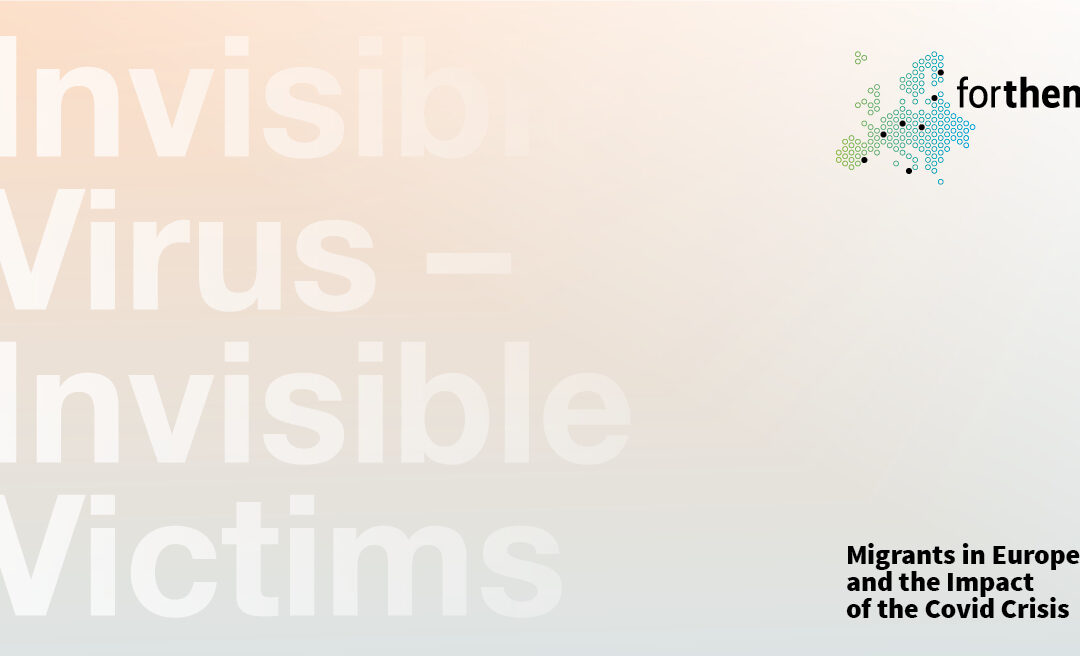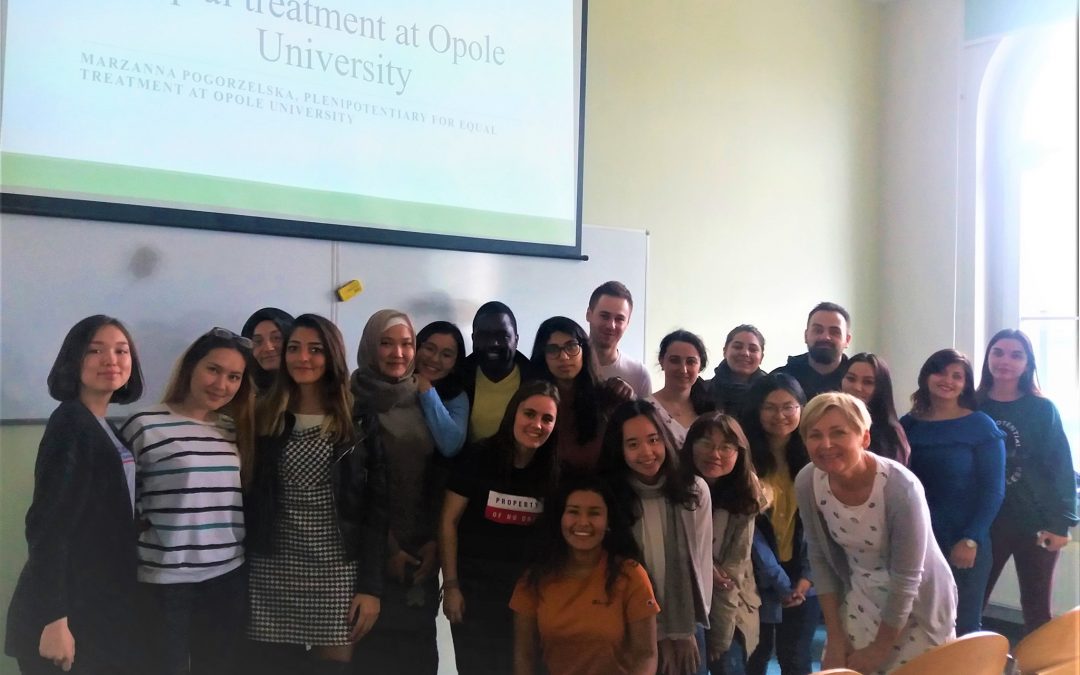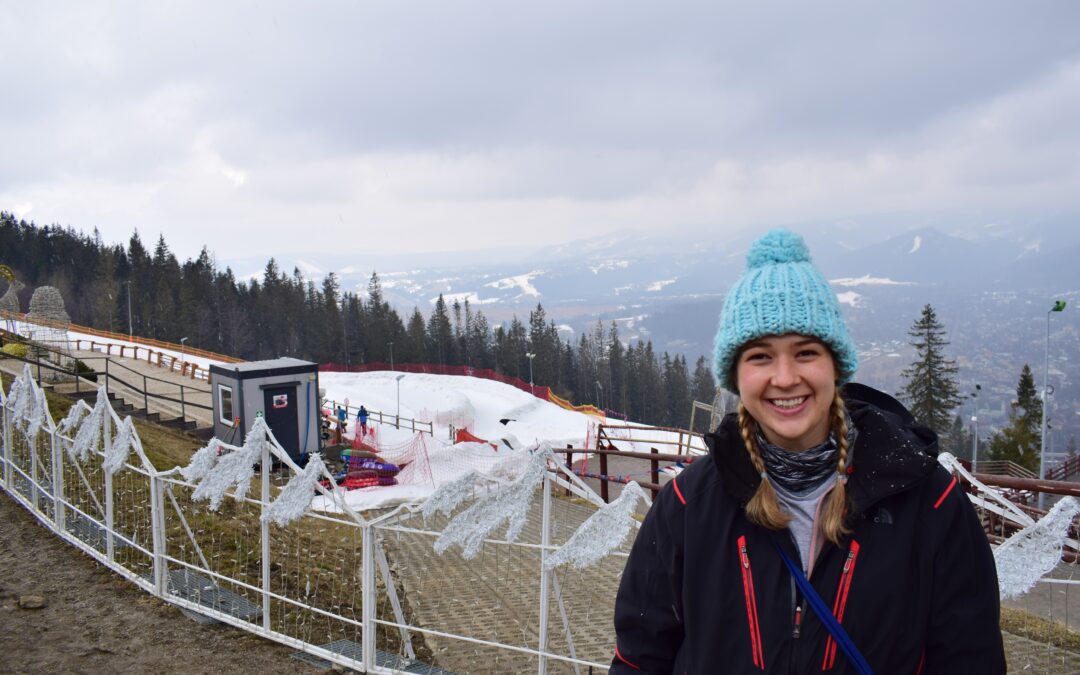As you probably know, on March 8 it’s the International Women’s Day. This year it’s also a day of an International Protest against the restriction of women’s rights. There are demonstrations across the country in dozens of cities and towns. Women and girls living in Poland are encouraged to take part in the protest by skipping work or classes in order to show their indignation at the planned changes in the Polish law.
Polish women’s problems have escalated starting from October 2015 when the Law and Justice Party took over the Polish Government. It’s the very first time after the change of the system in Poland in 1989 that one party has an absolute majority in the parliament. In the months following their election the party has started to introduce profound and controversial changes concerning many fields of the public sphere. Some of those changes affected women’s rights as well. In September 2016 there appeared in the parliament a civil society project (which was strongly supported by the Polish catholic church and many prominent politicians of the ruling party) almost completely criminalizing termination of pregnancies. Had the law been passed, victims of rape, incest and pedophilia would be forced to bear their assaulters’ children. That was the time Polish women felt compelled to say enough. October 3 2016 was the day of the first Black Protest. Hundreds of thousands of Polish women went out to the streets in Polish and foreign cities. This made the Law and Justice Government back off, but not for long. The abortion issue returns from time to time, and it’s possible that the law will be passed as soon as an opportunity arises.
However, the abortion law is not the only problem. The Minister of Health is going to change regulations on the availability of emergency contraception (it will be possible to buy it only with a prescription from a doctor), and the Minister of Justice plans on cancelling (!) The Council of Europe’s Convention on preventing and combating violence against women and domestic violence. Moreover, the Minister of Education – without any public consultations – has decided to abolish secondary schools, which means that thousands of teachers will lose their jobs in the following years. Hence, although the main postulates of the protesters are connected with women’s rights, for many it is an occasion to object the government’s decisions.
If you’d like to, you can participate in the Black Protest in Opole as well. It’s going to start at 4 p.m. on the Liberty Square (Plan Wolności; in front of the large “woman on a bull” statue). At 5 p.m. the protesters will march through Opole.
Regardless of whether you’re going to take part in the demonstration (don’t skip classes, please), if you’d like to express your protest against limiting women’s rights – don’t forget to wear black clothes!


scholarship in Taiwan
Scholarship offers for exchange students in Taiwan! You can now apply for a scholarship in one of our two partner universities in Taiwan (grants supported by the Ministry of Foreign Affair, Taiwan): National Dong Hwa University Tunghai University It is a unique...

FORTHEM Campus at uB
FORTHEM Campus is a semester-long exchange, that combines studies and activities related to your discipline with a special themed programme. The first edition "Food and Fooding" will be organized by Université de Bourgogne in Dijon, France in autumn 2021. You have to...

Albania and Montenegro
Dear Students, The only chance to study under the Erasmus+ Programme in Albania or Montenegro during the winter term 2021-2022. We have only 2 places for the best students! 5-mouth stay granted with 3500 EUR plus financial support for journey (275 EUR). The list of...

Digital Seminar by the FORTHEM Lab “Diversity and Migration”
Invisible Virus – Invisible Victims. Migrants in Europe and the Impact of the Covid Crisis You can now register for the digital seminar of the Lab “Diversity and Migration” on 20 and 21 April! FORTHEM Diversity and Migration Lab invites all interested students and...

WE NEED TO TALK – workshop on stereotypes, discrimination and microaggression
Dear Students! The Plenipotentiary for Equal Treatment invites students of Opole University to the workshops on stereotypes, discrimination, and microaggression organized as a part of the FORTHEM project. Interactive classes with the participation of students...

Polish Hospitality: If you go to a Pole on an empty stomach, you will certainly leave with a full stomach
Ahmed Omotosho from Nigeria, 1st-year student at the International Business programOur student Ahmed Omotosho is discovering Polish culture and is pleasantly surprised by the hospitality of Poles. Below, Ahmed shares his discoveries and encourages international...

meet Julia
Some of you may already know Julia, our Fulbright English Teaching Assistant. She came to Opole for the first time in August 2019. Unfortunately, in the spring she had to return to the US due to the pandemic.But Julia did not forget Poland and as soon as the...

Indian Council for Cultural Relations Scholarship
Dear Students! The Indian Embassy in Warsaw has announced the new edition of the ICCR program under General Scholarship Scheme for the academic year 2021/2022. The scholarship is organized and co-funded by the Government of India and the Indian Council for...

short-term mobilities FORTHEM
FORTHEM aims to open up new possibilities for students to travel and study in these different universities. Between 15th of March and 20th of April 2021, students from all of the alliance universities are invited to apply for short-term mobilities! There are two...

Alexa from Mexico
Alexa Villegas Estrada - third-year student at International Business program Dear Students, We are happy to share with you one more story of our amazing international student. Meet Alexa from Mexico, a third-year student at the International Business program.Why...